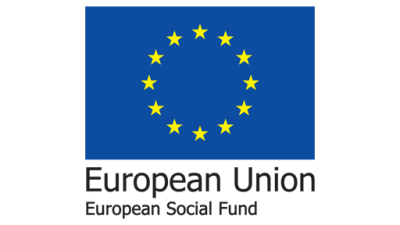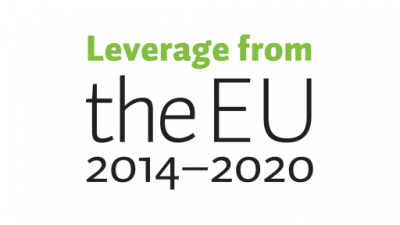Project
Kotopaikka2 - Creating Social Integration Paths to Central Finland
Project sponsors
Municipalities play an important role in integration, strengthening
participation and non-discrimination, and promoting relations between population groups. The Kotopaikka2 - Kotoutumisen paikalliset prosessit haltuun (Mastering local integration processes) project developed local integration processes and multicultural expertise in eight small municipalities in Central Finland. The project measures were targeted at jobseekers with an immigrant background and municipal actors, decision-makers, businesses and employers guiding them. A total of 426 people participated in the measures. The main implementer of the project was Jyväskylä University of Applied Sciences, with Jyväskylä education municipality association Gradia as a partial implementer.
Businesses and municipal employers consider language skills, education, vocational skills and motivation to be the strengths of jobseekers with an immigrant background. These jobseekers need Finnish language skills and information on Finnish working life. During the project period, 242 immigrants (cf. the project target of 145 persons) received career, study or education guidance to promote employment, preparation for working life or permit card training. Of the working life training courses, 18 were organised in Finnish and 23 in Russian. The participants completed 24 permit training courses. Of the immigrants who participated in the project, 15 found employment in the project's partner companies.
Municipalities developed the multicultural and intercultural competence of parties guiding the employment and integration of immigrants through multiculturalism training. A total of 54 municipal actors guiding employment and integration or corresponding parties attended the 23 training courses.
The project arranged 16 workshops to develop the management of immigration work in the municipalities. The management of immigration work requires from the organisations anticipation and the appointment of responsible persons. In the framework of systemic management, work on immigration is not seen as a separate activity, and the project also examined the management and development of immigration work as part of all the activities of the municipalities.
Training on the guidance, orientation and mentoring of multicultural workers at the workplace was arranged for the companies and employers. A total of 34 employees participated in mentor training to assist them in the guidance and orientation of employees with an immigrant background at the workplace. The companies could include a company-specific development task in the course to be guided by the project. A total of 28 companies participated in the project.
Information and good practices of the project were shared at a national event on integration and refugees, Integration 2022, in Tampere on 7–8 November 2022, at a seminar in Äänekoski on 10 November 2022, in an online publication published on 7 June 2023 and on the project's website.

